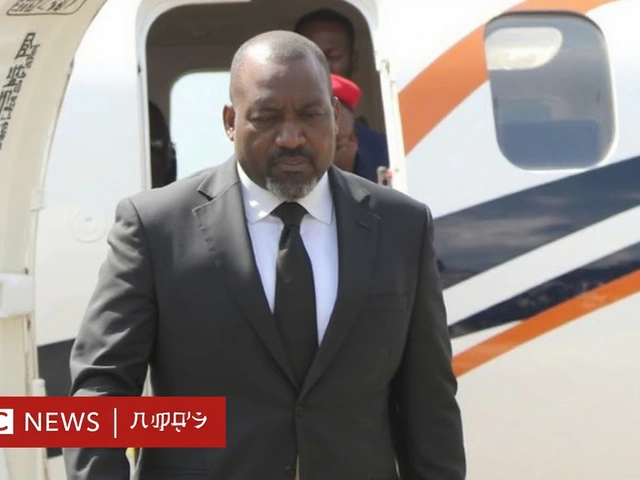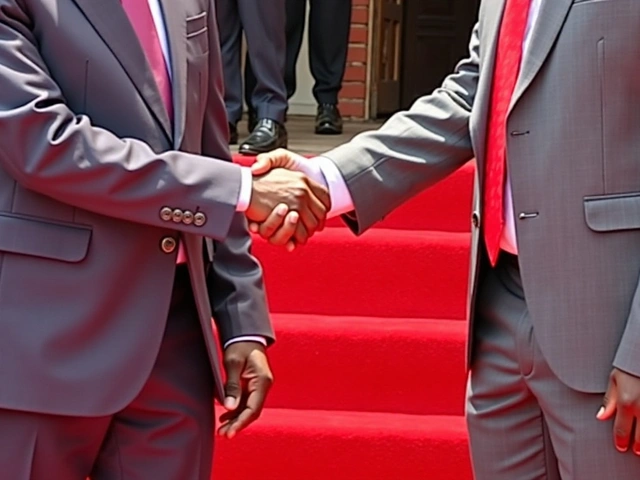South Sudan – Latest News and Insights
When talking about South Sudan, the East‑African country that became independent in 2011 and still grapples with political transition, oil revenue, and humanitarian needs. Also known as the Republic of South Sudan, it sits at the crossroads of regional trade and conflict resolution. South Sudan today is defined by three major forces: the oil industry that fuels its economy, the ongoing peace process that shapes its governance, and the humanitarian aid sector that supports its people.
Key Players Shaping the Nation
The oil sector, South Sudan’s primary export and a major source of government revenue drives both growth and controversy. Recent negotiations over pipeline fees and export contracts illustrate how oil production requires stable political conditions and international partnerships. Meanwhile, the peace process, a series of agreements between rival factions, neighboring states, and the UN influences every economic decision, from infrastructure projects to foreign investment. Finally, humanitarian aid, relief operations led by NGOs and UN agencies addressing displacement and food insecurity plays a crucial role in stabilizing communities and enabling the country to rebuild.
These three entities are tightly linked. The oil sector enables the government to fund public services, but it also creates tension when revenue distribution is disputed, prompting renewed calls for inclusive peace talks. The peace process requires credible monitoring, which often comes from international bodies that also coordinate humanitarian aid deliveries. In turn, humanitarian aid influences economic recovery by reducing the strain on local markets and allowing displaced families to participate in rebuilding efforts.
Beyond the core trio, several related concepts shape the daily reality of South Sudan. Regional trade corridors, particularly the Juba‑Kampala road, link the country to broader East‑African markets and affect oil export logistics. Energy diversification projects—like solar farms in Juba—aim to reduce reliance on diesel generators and improve electricity access. Finally, governance reforms, such as the establishment of a new intelligence unit mentioned in recent security briefings, reflect attempts to modernize state institutions.
Understanding these relationships helps make sense of the headlines you’ll encounter below. For example, a story about a new oil pipeline proposal carries implications for both the peace process and humanitarian funding, because any disruption could affect food prices and displacement patterns. Likewise, a report on a UN‑backed aid convoy signals progress in peace implementation, since secure routes are usually a direct outcome of successful negotiations.
In the collection that follows, you’ll find coverage ranging from oil contract renewals and infrastructure upgrades to peace talks updates and on‑the‑ground relief efforts. Each article reflects how South Sudan’s political climate, economic assets, and humanitarian needs are interwoven. Whether you’re tracking policy shifts, market trends, or community stories, this page serves as a curated snapshot of the nation’s most pressing developments.
Ready to dive deeper? Below you’ll see the latest pieces that illustrate how oil, peace, and aid intersect across South Sudan’s evolving landscape.
DR Congo's 4-1 triumph over South Sudan in Juba secures a vital boost in CAF Group B, keeping them within striking distance of the 2026 World Cup berth.
Recent-posts
Jun, 24 2024
Nov, 17 2025






